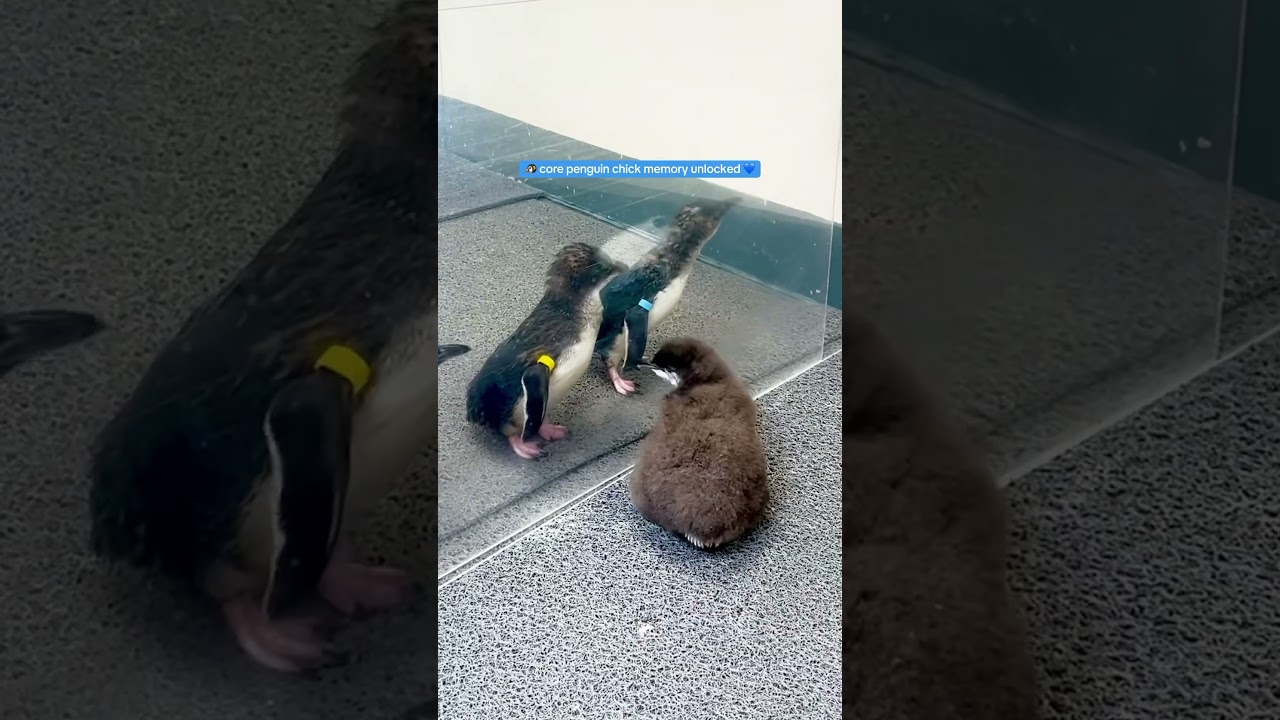- The significance of World Penguin Day in raising awareness and promoting penguin conservation.
- The biology and unique adaptations of penguins, including their habitat and behaviors.
- The ongoing challenges penguins face due to climate change and human activities.
- Efforts in zoo management and wildlife conservation to protect and support penguin populations.
- Actions individuals and communities can take to contribute to penguin conservation and environmental stewardship.
World Penguin Day, celebrated globally, serves an important role in raising awareness about these fascinating birds and their conservation needs. Penguins are vital to marine ecosystems but face numerous threats requiring urgent attention. This day encourages a deeper understanding and appreciation for penguins and highlights the necessity for protective measures.
Penguins are flightless birds known for their striking black and white plumage and adaptability to cold climates. With their streamlined bodies and strong flippers, penguins are exceptional swimmers, capable of diving deep to hunt for fish, squid, and krill. Their unique adaptations enable them to thrive in some of the harshest environments on Earth. However, penguins also inhabit more temperate regions, demonstrating their versatility. Understanding these adaptations is crucial for effective conservation efforts.
Despite their adaptability, penguins face various challenges largely due to climate change and human activities. Melting ice affects breeding and feeding grounds, while overfishing depletes their primary food sources. Pollution, oil spills, and habitat destruction further compound these issues, posing significant risks to their survival. Recognizing these challenges is essential for developing strategies to mitigate them.
Efforts in zoo management play a critical role in penguin conservation. Zoos provide a controlled environment where specialists can study penguin behavior, breeding, and health. Conservation programs like captive breeding, research initiatives, and public education aim to protect these species. Collaborative efforts between zoos and conservation organizations are vital for sharing knowledge and resources, fostering innovative solutions for wildlife protection.
Individuals can also contribute to penguin conservation by supporting sustainable practices. Reducing single-use plastics, participating in beach clean-ups, and supporting eco-friendly companies can make a difference. Advocacy and education about climate change and conservation can influence policies and cultivate a community passionate about environmental stewardship. Engaging in these actions helps preserve penguins and the ecosystems they inhabit, ensuring a future where these remarkable birds continue to thrive.
*****
Source Description


